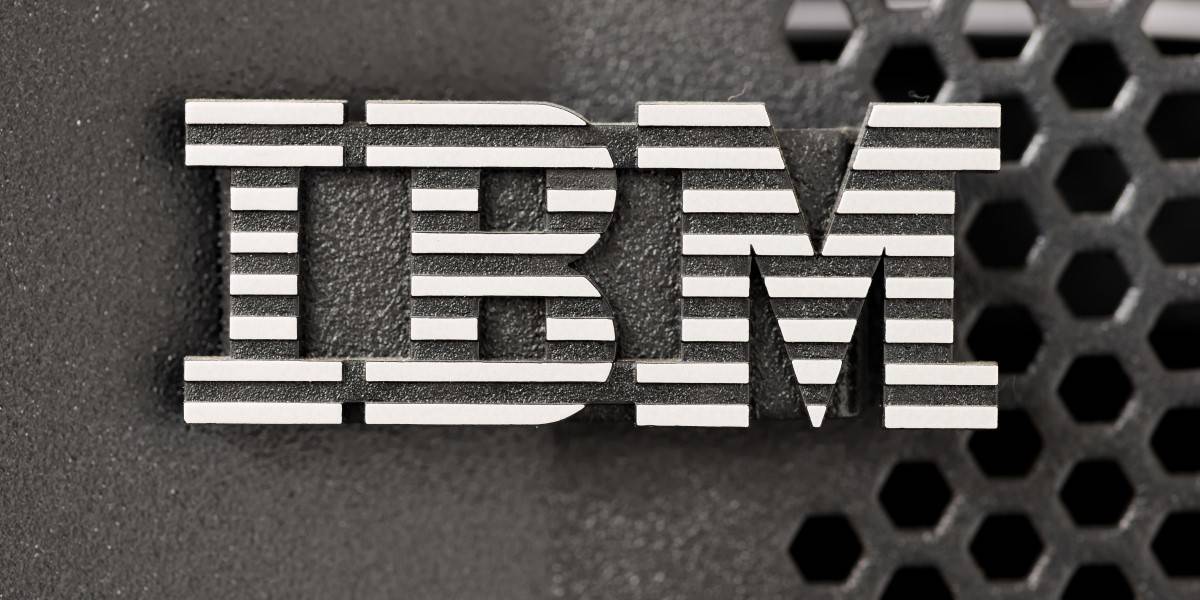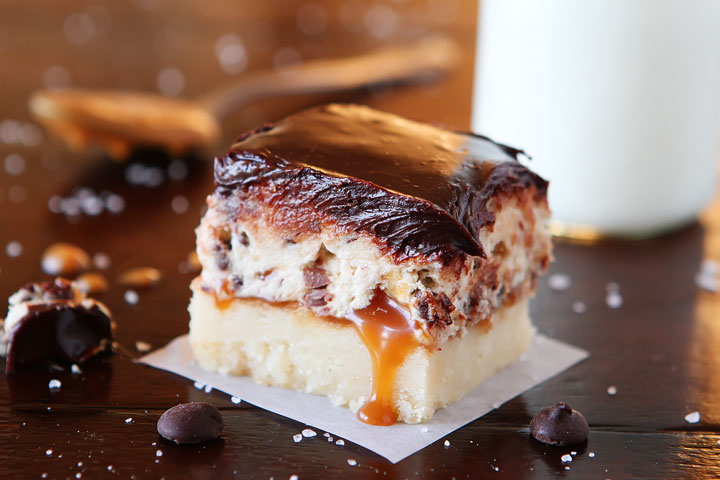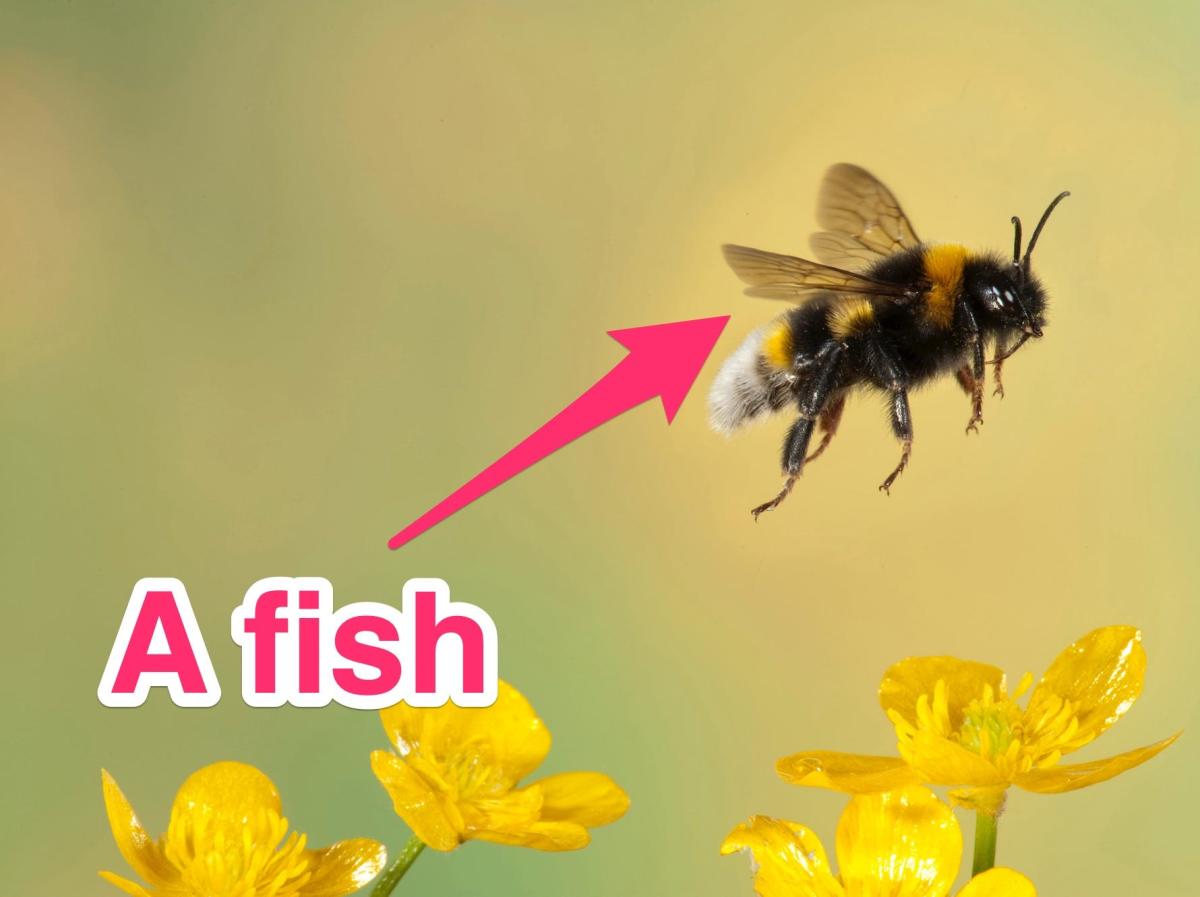In other news today...
-
@Zenith "Let them eat cake!"
-
@acrow said in In other news today...:
After a few winters of living, there won't have been any fallen wood to collect within a day's walk of the settlement.
We know that mesolithic peoples were often semi-nomadic, and that population sizes weren't large. There simply weren't many large settlements until the neolithic and the rise of farming. Neolithic stone tools are certainly able to fell trees (though yes, metal tools are better) and the higher tech level supports more intensive civilisation patterns.
-
@dkf said in In other news today...:
We know that mesolithic peoples were often semi-nomadic
They were semi-nomoids in the tategory of enfodunctors.
Filed under: I hope
 's services are subjected to
's services are subjected to  's delivery distortion field.
's delivery distortion field.
-
https://www.youtube.com/watch?v=PBXpjY_uLtw
I'm probably late to the party but this was interesting. For those not willing to watch it basically the contractor he was dealing with for his landscaping job was hacked and then the hacker started impersonating the contractor and was sending his impersonations from the contractors' own servers. The response from the police was: dunno what you expect me to do pal. If it wasn't for his contacts in the industry he would have been out of pocket around 90 grand.
Can't trust anything anymore.

-
@HardwareGeek said in In other news today...:
@BernieTheBernie said in In other news today...:
@boomzilla How many
expertsexchangeexperiences are required for anglophones to adopt a-in their domain names?Maybe when everybody complies with the relevant RFCs. I have a
-in my domain name (and sometimes in the local part). Back in the day when Sun still owned Java, I tried multiple times to register, but Sun refused to accept foo-bar.net as a valid email address. I believe I ran into this again fairly recently, but I can't remember the circumstances (i.e., who implemented the broken validation).Poor
t-online.desuckers....
Btw, doesn't t-online uset-online.comin other countries?
-
@BernieTheBernie said in In other news today...:
Btw, doesn't t-online use
t-online.comin other countries?Dunno, can't find out...

-
Today in reading the headlines.
Awww no. I wonder why?
That's a pretty big fine. I wonder how they'll pay it?
-
@Arantor said in In other news today...:
last I checked Judeo-Christianity wasn’t big on funerary cannibalism
This is my body, broken for you... um, okay
-
@Gribnit but it’s not the same. It’s not like there’s kebabs and skewers and freshly-barbecued Jesus meat every Sunday, because that would be weird, gross and all kinds of wrong.
-
@Arantor said in In other news today...:
it’s not the same
False. There is a papal bull establishing the literal fact of Transubstantiation.
not like there’s kebabs and skewers and freshly-barbecued Jesus meat
Yeah, it's more of a ceviche.
-
@Arantor said in In other news today...:
@Gribnit but it’s not the same. It’s not like there’s kebabs and skewers and freshly-barbecued Jesus meat every Sunday, because that would be weird, gross and all kinds of wrong.
I might even be lured to church is there was kebab or gyros and beer for communion.
-
@Carnage said in In other news today...:
I might even be lured to church is there was kebab or gyros and beer for communion.
You'd like the Sikhs. They regard feeding the community (including anyone who just turns up on the offchance) as a religious obligation.
-
@dkf said in In other news today...:
@Carnage said in In other news today...:
I might even be lured to church is there was kebab or gyros and beer for communion.
You'd like the Sikhs. They regard feeding the community (including anyone who just turns up on the offchance) as a religious obligation.
The Nordics used to have that as a social obligation for guests. There is still a bit of it left with offering fika for guests.
-
@Gribnit said in In other news today...:
There is a papal bull establishing the literal fact of Transubstantiation.
But that's just bull.
-
@Carnage said in In other news today...:
I might even be lured to church is there was kebab or gyros and beer for communion.
And on second thought forget about communion.
-
Erdogan is fed up to live in poultry country.
Turkeywill now beTürkiye.
-
@Gribnit question, then, if we’re talking transubstantiation. It keeps the appearance of the bread and presumably the same physical structure and whatever has transubstantiated is metaphysical.
If that is so, are they vegan? The bread is (should be) vegan beforehand.
-
@Arantor said in In other news today...:
@Gribnit question, then, if we’re talking transubstantiation. It keeps the appearance of the bread and presumably the same physical structure and whatever has transubstantiated is metaphysical.
O ye of little faith.
If that is so, are they vegan? The bread is (should be) vegan beforehand.
It's human flesh and human blood, per another bull, the one establishing that Jesus takes no multiclassing penalties.
-
@Gribnit I will indeed admit I have little faith, hence the questions.
-
@Carnage said in In other news today...:
fika
Is this fermented, cured, or in any other way prepared via criminal neglect?
-
@BernieTheBernie said in In other news today...:
@HardwareGeek said in In other news today...:
@BernieTheBernie said in In other news today...:
@boomzilla How many
expertsexchangeexperiences are required for anglophones to adopt a-in their domain names?Maybe when everybody complies with the relevant RFCs. I have a
-in my domain name (and sometimes in the local part). Back in the day when Sun still owned Java, I tried multiple times to register, but Sun refused to accept foo-bar.net as a valid email address. I believe I ran into this again fairly recently, but I can't remember the circumstances (i.e., who implemented the broken validation).Poor
t-online.desuckers....
Btw, doesn't t-online uset-online.comin other countries?In NL they use
t-mobile.nl. For quite a long time they were only active in the cell phone market.
-
@Gribnit said in In other news today...:
@Carnage said in In other news today...:
fika
Is this fermented, cured, or in any other way prepared via criminal neglect?
That depends. But most commonly, no.

-
@Carnage whatever that is, send it to me. But keep the coffee.
-
@Carnage Dammit, miss that stuff. Unfortunately, the closest thing to a kanelbulle in the general vicinity is whatever Ikea has, and that's ... a bit disappointing.
-
@topspin said in In other news today...:
@Carnage whatever that is, send it to me. But keep the coffee.
Perfectly acceptable to replace with tea.
-
@topspin said in In other news today...:
@Carnage whatever that is, send it to me. But keep the coffee.
Looks yummy (except the coffee). Sadly, it also looks full of gluten, so I can't eat any of it.
-
@HardwareGeek said in In other news today...:
@topspin said in In other news today...:
@Carnage whatever that is, send it to me. But keep the coffee.
Looks yummy (except the coffee). Sadly, it also looks full of gluten, so I can't eat any of it.
I looked up recipes for some of the items (punschrulle, prinzesstorte); you'd need something special. Of course, the sensible thing would be to let your host know about your needs ahead of time so they can sort out something you can have.
-
@dkf said in In other news today...:
Of course, the sensible thing would be to let your host know about your needs ahead of time so they can sort out something you can have.
Don't worry I always keep plenty of ...uh.... water and ...uh.. ice and ...uh... yeah.... for people with dietary restrictions.
-
-
-
-
@boomzilla I don't know how they'll get the massive bee infestation started. But this has all the hallmarks tying their hands in case they get one. So I bet they'll get one.
-
@acrow said in In other news today...:
I don't know how they'll get the massive
beefish infestation started.
-

-
@loopback0 said in In other news today...:
a study reveals
I assume that is one in a long list of
 studies
studies  that alternate between showing how X amount of alcohol a day increases / decreases your lifespan by Y.
that alternate between showing how X amount of alcohol a day increases / decreases your lifespan by Y.
-
@Arantor said in In other news today...:
@Gribnit question, then, if we’re talking transubstantiation. It keeps the appearance of the bread and presumably the same physical structure and whatever has transubstantiated is metaphysical.
IIRC, the distinction relies on the old Aristotelian distinction between "essence" and "accidents" (no idea if those are the English words... they're the French ones, and in French they're totally different from the everyday meaning of those words so at that point they might as well be the "foo" and "bar").
The "accidents" are whatever physical characteristics a thing has. Shape, size, colour, texture... But they are not the object themselves. A chair can have many shapes, sizes, colours, textures... and still be "a chair." So you can't define a chair by its "accidents." What makes a chair a chair is the "essence" of the chair, its abstract definition in a sense.
(for an etymological/analogy, the "accidents" of a thing are just characteristics of it that "accidentally" happened to it. They could not have happened (e.g. the chair could be of a different colour) and the thing would still be whatever it is. The "essence" is a bit closer to a still used meaning of that word.)
For the Catholic church, the transubstantiation means that the bread keeps the accidents of the bread (taste etc.) but takes on the essence of Christ's body (I'm not sure whether it also keeps the essence of bread?). So it is both at the same time, but on different philosophical levels. Maybe kind of like a box that you sit on is still a box, but also becomes a chair? I dunno, I'm just trying to make sense of something that doesn't make any, so...

If that is so, are they vegan? The bread is (should be) vegan beforehand.
I guess that would depend on whether you define "vegan" as relative to the accidents or the essence of the thing. Since it's widely accepted that the communion doesn't involve cannibalism (*), arguably it's the accidents that matter for alimentary restrictions (though of course comparing cannibalism and veganism...
 ), and thus the host is safe for vegans.
), and thus the host is safe for vegans.In practice, yes, hosts are treated as vegan. But then again, it's one belief against another, so everyone in this kind of situation will find some sort of moral justification for whatever choice they want to make.
(*) though I suspect that the main argument against that is that by taking the essence of Christ, an host doesn't become "human chair" (despite Christ being firmly human), since "human chair" was just an accident of Christ himself, not his essence. But really at that point you probably need to go and read a few thousands of pages of religious writing to try and work that out and... ugh, thanks but no way.
Also, the more I think about it (what have you made me do???), the more I think that vegan actually relates to the essence of things. I suspect that a vegan could probably be OK with e.g. a synthetic protein that didn't involve an animal at any stage of its production (after all, they're OK with getting some proteins from e.g. pulses and at the chemical level some of those proteins are bound to be identical to some of those in meat!) (ETA: and cannibalism isn't about eating some specific proteins (=accidents) but whether those proteins come from a human (=essence)). So the previous paragraph is probably really the key thing, the host takes on the essence of Christ but that essence probably isn't "human chair" so yes it's vegan (and not cannibalism).
-
@remi And this is why I asked, thanks for the really interesting answer :)
-
@topspin said in In other news today...:
@loopback0 said in In other news today...:
a study reveals
I assume that is one in a long list of
 studies
studies  that alternate between showing how X amount of alcohol a day increases / decreases your lifespan by Y.
that alternate between showing how X amount of alcohol a day increases / decreases your lifespan by Y.Who am I to question the science that says drinking is good for you?
-
@remi said in In other news today...:
For the Catholic church, the transubstantiation means that the bread keeps the accidents of the bread (taste etc.) but takes on the essence of Christ's body
Related interesting point: As I understand it, in the Catholic church, this transubstantiation is permanent. The remaining hosts, which are now the body of Christ, are sacred and must be preserved.
In the protestant church, as I was raised, there is only a temporary correspondence of the bread with the body of Christ. After the ceremony has completed, whatever bread remains is nothing other than bread, and is discarded. Or fed to the ducks.
We also only had the sacred meal (approximate translation) a few times per year, while Catholics have communion every week.
-
@PleegWat said in In other news today...:
In the protestant church, as I was raised, there is only a temporary correspondence of the bread with the body of Christ. After the ceremony has completed, whatever bread remains is nothing other than bread, and is discarded. Or fed to the ducks.
I think this depends a lot on the protestant churches.
Well I don't think there is any that believes in transubstantiation, but I think some believe in consubstantiation. I just read a bit about it to remind me of the difference and it seems to match your experience (temporary correspondence during the ceremony, back to normal bread afterwards).
It also sheds some light on one question I raised in my previous post (does the host keep the essence of bread?) as consubstantiation clearly keeps the "nature" (says the Wiki page I'm reading, but I am reading that as the "essence" here) of the bread (hence "con-", "with"). By contrast, transubstantiation implies a change ("trans") and therefore I assume that essence of bread disappears (while obviously, in both cases, the accidents remain, I don't think anyone contests that!).
Some other protestant churches see the bread as purely symbolic, so while they treat it with respect during the ceremony itself, it's only ever a piece of bread and you can do whatever you want with it even during the ceremony (kind of like the bible is just a book and there is no specific religious offense if it's destroyed -- as opposed to the Quran which, like an US flag, is a sacred thing by itself).
I imagine that, given how many protestant churches there are, almost all other possible interpretation of the whole thing must happen in at least one church...
-
@PleegWat said in In other news today...:
We also only had the sacred meal (approximate translation) a few times per year, while Catholics have communion every week.
IIRC there is no strict rule about the frequency. I think you're supposed to get it at least once a year (for Easter) though even that may not be a hard-and-fast rule.
Nowadays in rural areas in France, there is often a single priest for many villages and he alternates between them. So if you're not fervent-enough to track after the priest and only go to mass when he comes to your village, you might have communion once every month or less. On the opposite, in the past some very pious persons tried to get communion every day (and it sometimes was seen as a bit over-doing it by the Church itself, who considers that only priests should (and must) get it every day).
(IIRC one such person is part of one of Zola's novels -- it's just a novel of course, but the fact that Zola could use that character trait easily in a novel shows that it wasn't outrageous to his readers)
-
@remi said in In other news today...:
consubstantiation
The ritual phraseology in Dutch is "in gemeenschap met het lichaam van Christus". The best English translation for that word is probably "communion", but obviously I wasn't going to use that.
@remi said in In other news today...:
only ever a piece of bread
And it actually starts out like that as well, as normal white bread. Unsliced, since slice bread doesn't make as nice cubes. The hosts I've seen used in the Catholic church would never have been used as common bread to begin with.
@remi said in In other news today...:
all other possible interpretation of the whole thing must happen in at least one church...
Always a safe bet.
@remi said in In other news today...:
IIRC there is no strict rule about the frequency. I think you're supposed to get it at least once a year (for Easter) though even that may not be a hard-and-fast rule.
In the church my parents took me to as a kid, we had six: Two on White Thursday and Silent Saturday, two on the two Sundays per year we had Ecumenical service with the nearby Catholic congregation, and two others.
I recall the scripture being read to me as with every meal, but I can't find it offhand. And even then, it would be open to debate whether all meals count, or only those in religious context, or only Pesach.
-
@boomzilla iirc, this was first contended by Monty Python at some point. Will check the files.
-
@remi said in In other news today...:
Some other protestant churches see the bread as purely symbolic

In the church I grew up in, we generally had communion once a month, on the first Sunday of the month, as well as other special occasions, like Maundy Thursday or Good Friday.
-
If we're comparing, the Church of Jesus Christ of Latter-day Saints
- Takes the Sacrament (our name for that same basic rite) every week ideally, by way of commandment to meet together oft to partake of the bread and [water] in memory of Him.
- Does not believe in transubstantiation or consubstantiation--the bread is a symbol and has no inherent virtue. It's an outward symbol of an inward covenant, not fundamentally changed or important in and of itself. Salvation/forgiveness of sins comes by the Holy Ghost, not by bread or water, no matter how blessed. Leftover blessed bread is discarded, but that's it.
- Uses water, not wine (or juice or any other such thing) for the liquid/blood symbol.
- Recognizes that the actual substance is irrelevant--in extremity people have used potato peels. Because it's the covenant and associated prayer/authority that matters, not the physical substance. Which is also why we use water--it's just way easier to deal with.
- Starts with an unbroken piece of whatever bread they happen to have on hand. Which is then torn into small pieces as part of the ordinance.
- The Sacrament is blessed and distributed by lay-people (although they hold the priesthood as all worthy males over the age of 12 do).
- With a very few exceptions for particular cases, partaking is up to your own conscience. For non-members, it's just a piece of bread and some water with no meaning.
-
@remi said in In other news today...:
@Arantor said in In other news today...:
@Gribnit question, then, if we’re talking transubstantiation. It keeps the appearance of the bread and presumably the same physical structure and whatever has transubstantiated is metaphysical.
IIRC, the distinction relies on the old Aristotelian distinction between "essence" and "accidents" (no idea if those are the English words... they're the French ones, and in French they're totally different from the everyday meaning of those words so at that point they might as well be the "foo" and "bar").
The "accidents" are whatever physical characteristics a thing has. Shape, size, colour, texture... But they are not the object themselves. A chair can have many shapes, sizes, colours, textures... and still be "a chair." So you can't define a chair by its "accidents." What makes a chair a chair is the "essence" of the chair, its abstract definition in a sense.
(for an etymological/analogy, the "accidents" of a thing are just characteristics of it that "accidentally" happened to it. They could not have happened (e.g. the chair could be of a different colour) and the thing would still be whatever it is. The "essence" is a bit closer to a still used meaning of that word.)
For the Catholic church, the transubstantiation means that the bread keeps the accidents of the bread (taste etc.) but takes on the essence of Christ's body (I'm not sure whether it also keeps the essence of bread?). So it is both at the same time, but on different philosophical levels. Maybe kind of like a box that you sit on is still a box, but also becomes a chair? I dunno, I'm just trying to make sense of something that doesn't make any, so...

If that is so, are they vegan? The bread is (should be) vegan beforehand.
I guess that would depend on whether you define "vegan" as relative to the accidents or the essence of the thing. Since it's widely accepted that the communion doesn't involve cannibalism (*), arguably it's the accidents that matter for alimentary restrictions (though of course comparing cannibalism and veganism...
 ), and thus the host is safe for vegans.
), and thus the host is safe for vegans.In practice, yes, hosts are treated as vegan. But then again, it's one belief against another, so everyone in this kind of situation will find some sort of moral justification for whatever choice they want to make.
(*) though I suspect that the main argument against that is that by taking the essence of Christ, an host doesn't become "human chair" (despite Christ being firmly human), since "human chair" was just an accident of Christ himself, not his essence. But really at that point you probably need to go and read a few thousands of pages of religious writing to try and work that out and... ugh, thanks but no way.
Also, the more I think about it (what have you made me do???), the more I think that vegan actually relates to the essence of things. I suspect that a vegan could probably be OK with e.g. a synthetic protein that didn't involve an animal at any stage of its production (after all, they're OK with getting some proteins from e.g. pulses and at the chemical level some of those proteins are bound to be identical to some of those in meat!) (ETA: and cannibalism isn't about eating some specific proteins (=accidents) but whether those proteins come from a human (=essence)). So the previous paragraph is probably really the key thing, the host takes on the essence of Christ but that essence probably isn't "human chair" so yes it's vegan (and not cannibalism).
For one thing, I think the word that you're translating as "accident" is more closely related to "incident." The English phrase "incidental characteristics" matches up with how you're using it.
Also, I thought that "the point" of being vegan is that you don't want use anything that caused an animal to suffer. There are people who don't eat meat for what they claim are health reasons, but that wouldn't extend to, e.g., a wool coat, right?
So, does the Eucharist cause Christ to suffer? Of course it does. The reason it works is that He suffered on the cross so that you may have eternal life.
@remi said in In other news today...:
@PleegWat said in In other news today...:
We also only had the sacred meal (approximate translation) a few times per year, while Catholics have communion every week.
IIRC there is no strict rule about the frequency. I think you're supposed to get it at least once a year (for Easter) though even that may not be a hard-and-fast rule.
Catholics are obligated to attend Mass every "Sunday," with "Sunday" being defined as a 30-ish hour period that starts on Saturday evening and continues until midnight on actual Sunday. (In the US, at least, most parishes have one or two Saturday night Masses that count for Sunday Mass.)
Because it's the Mass, the priest will be doing the Liturgy of the Eucharist. Catholics who ought to be receiving Communion (i.e., they're actually a Catholic, they have already had their First Communion and they are not currently conscious of mortal sin) should receive Communion during the Mass. People who are not eligible for Communion will either not present themselves for Communion or will present themself to the priest (rather than a Eucharistic Minister) and signal to the priest that they should receive a blessing instead of the Eucharist.
Nowadays in rural areas in France, there is often a single priest for many villages and he alternates between them. So if you're not fervent-enough to track after the priest and only go to mass when he comes to your village, you might have communion once every month or less. On the opposite, in the past some very pious persons tried to get communion every day (and it sometimes was seen as a bit over-doing it by the Church itself, who considers that only priests should (and must) get it every day).
The Church doesn't demand that lay people actually attend Daily Mass, but in the US every Catholic Church is open to the public for Daily Mass and there's usually a few members of the congregation who are there every day.
-
@loopback0 said in In other news today...:
Who am I to question the science that says drinking is good for you?
Not a fan of alcohol, myself, but...
https://www.nytimes.com/2022/06/01/well/eat/coffee-study-lower-dying-risk.html
-
Today in: that certainly is a headline
-
-
@remi said in In other news today...:
IIRC, the distinction relies on the old Aristotelian distinction between "essence" and "accidents" (no idea if those are the English words... they're the French ones, and in French they're totally different from the everyday meaning of those words so at that point they might as well be the "foo" and "bar").
I think that on this forum, we might just use "class" and "property"







